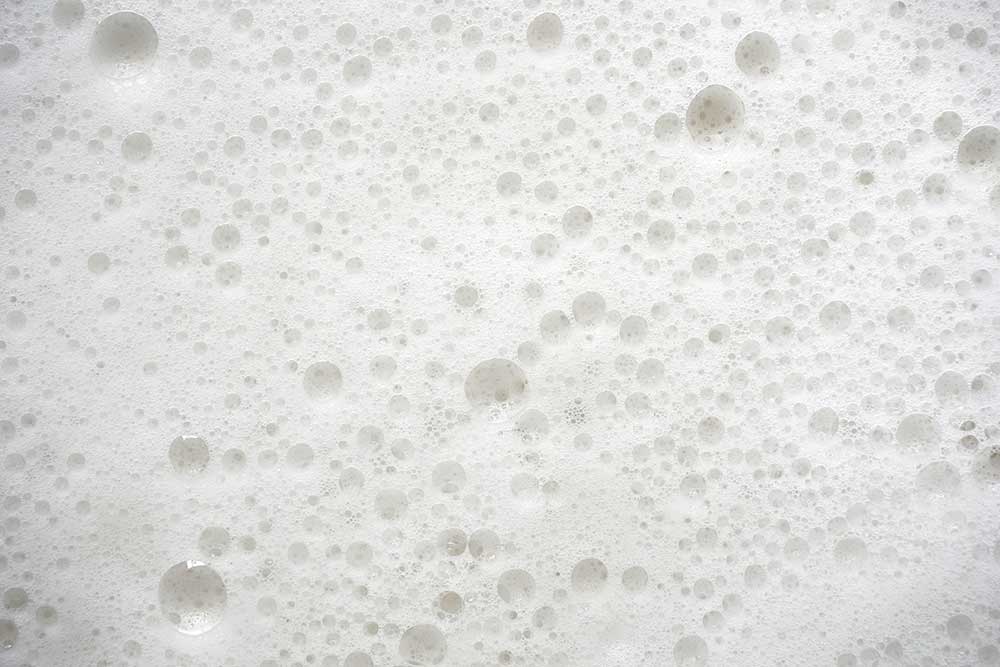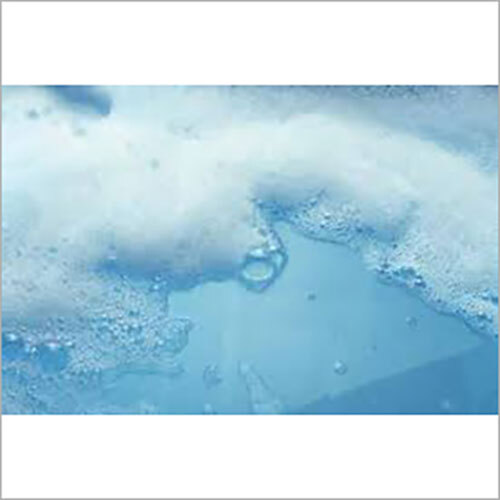Effective Use of Defoamers in the Pharmaceutical Manufacturing Process
Effective Use of Defoamers in the Pharmaceutical Manufacturing Process
Blog Article
The Function of Defoamers in Enhancing Product High Quality and Efficiency
In numerous making procedures, the visibility of foam can significantly hinder product quality and operational efficiency. Defoamers work as necessary additives that mitigate this problem, guaranteeing smoother manufacturing operations while boosting the visual and useful attributes of the end products (defoamers). Their application spans a wide range of industries, from food and beverage to drugs, where uniformity and dependability are vital. Nonetheless, the option of the proper defoamer can be important to accomplishing ideal results, raising essential inquiries concerning solution compatibility and efficiency metrics that warrant further exploration.
Recognizing Defoamers
Comprehending the role of defoamers is vital for preserving product top quality across numerous industries. Defoamers are chemical additives designed to lower and stop the development of foam in fluid systems, which can adversely influence processes such as mixing, loading, and surface stress. Lathering can lead to ineffectiveness, product flaws, and endangered visual charm, making defoamers an essential part in producing procedures.
In industrial applications, defoamers aid to boost product consistency and security. In the paint and coatings market, foam can conflict with the application procedure and the last coating. In food and drink manufacturing, too much foam can prevent bottling and product packaging performance. The reliable use defoamers not only guarantees smoother production processes but also adds to premium item performance.
In addition, the selection and formulation of a defoamer need to line up with details application demands, such as compatibility with various other active ingredients, effectiveness under varying temperature and pH problems, and potential regulatory constraints. Eventually, recognizing defoamers' features and their value in different formulas is crucial for enhancing manufacturing and making sure the finest final result.
Kinds Of Defoamers
Defoamers can be classified right into several types based upon their make-up and mechanism of activity. The primary kinds include silicone-based, non-silicone organic, and not natural defoamers.
Silicone-based defoamers are amongst one of the most efficient, mainly as a result of their ability to spread promptly on the liquid surface and interfere with foam formation. Their special chemical structure permits premium stability, making them appropriate for high-temperature applications and settings with varying pH levels.
Non-silicone natural defoamers, frequently made up of all-natural oils or fatty acids, are valued for their biodegradability and lower poisoning. These are typically utilized in food and beverage applications where security and ecological influence are critical.
Not natural defoamers, that include materials like talc or calcium carbonate, act by increasing the density of the fluid, thereby decreasing foam security. They are usually used in commercial processes where compatibility with other products is not a concern.
Each sort of defoamer has distinct advantages and constraints, enabling tailored remedies depending upon the specific frothing concerns run into in different applications. Understanding these distinctions is essential for maximizing efficiency and attaining wanted product top quality.
Applications Throughout Industries
Countless sectors utilize defoamers to enhance item top quality and functional efficiency. In the food and beverage sector, defoamers are vital in processes such as brewing and milk manufacturing to stop foam formation, which can bring about inadequacies and product inconsistency. By regulating foam, suppliers can make sure Read Full Article much better yield and an extra uniform item.
In the pharmaceutical market, defoamers play an important role in the solution of liquid medications, where excessive foam can hinder mixing and accurate application. Their use helps keep the honesty of the solutions and facilitates smoother manufacturing processes.
The paint and coverings sector likewise relies upon defoamers to enhance the efficiency of products throughout application. By lessening foam, these additives make certain a smoother surface and enhance the aesthetic qualities of the end product.

Benefits of Using Defoamers
While the application of defoamers differs across sectors, their benefits consistently boost item top quality and process efficiency. One substantial advantage is the decrease of foam development throughout producing procedures, which can otherwise bring about production hold-ups and variances in product high quality. By minimizing foam, defoamers make it possible for a smoother flow of products, helping with extra effective procedures and decreasing the chance of devices breakdowns.
In addition, the use of defoamers can boost the appearance and structure of final items. In industries such as finishings, paints, and food handling, extreme foam can jeopardize the aesthetic aesthetics and total top quality, while the proper defoamer application makes certain a consistent finish and preferable features. Defoamers can contribute to set you back savings by lowering waste throughout production and maximizing the use of raw products.

Choosing the Right Defoamer
Picking the appropriate defoamer is important for enhancing manufacturing procedures and making certain product quality. The selection of defoamer affects not just the efficiency of foam control however likewise the total efficiency attributes of the final product. Factors to consider include the kind of application, the chemistry of the formula, and the environmental problems under which the item will be utilized.
Different markets may need particular defoamer types, such as silicone-based, natural, or polymeric defoamers. Understanding the compatibility of the defoamer with the key ingredients is vital to avoid negative responses that could compromise item honesty. Furthermore, the defoamer's effectiveness in various temperatures and pH levels should be evaluated to ensure constant performance.
Checking the defoamer in small-scale applications can provide valuable understandings right into its performance and viability. Factor to consider of regulatory compliance, why not look here specifically in food, pharmaceuticals, and cosmetics, is vital in selecting a defoamer. Inevitably, an extensive analysis of these elements will bring about the choice of a defoamer that not only controls foam effectively however also improves the top quality and performance of the end product.
Conclusion

In final thought, defoamers are vital additives that considerably boost product high quality and performance across numerous sectors. By properly try these out decreasing foam formation, these representatives not just enhance functional effectiveness but also add to the aesthetic and functional integrity of items. The calculated selection and application of defoamers result in cost savings, maximized resource usage, and boosted client contentment. In general, the relevance of defoamers in commercial procedures can not be overemphasized, as they play an important role in achieving premium and constant results.
Lathering can lead to inefficiencies, product flaws, and endangered aesthetic allure, making defoamers a critical component in producing operations.

Report this page